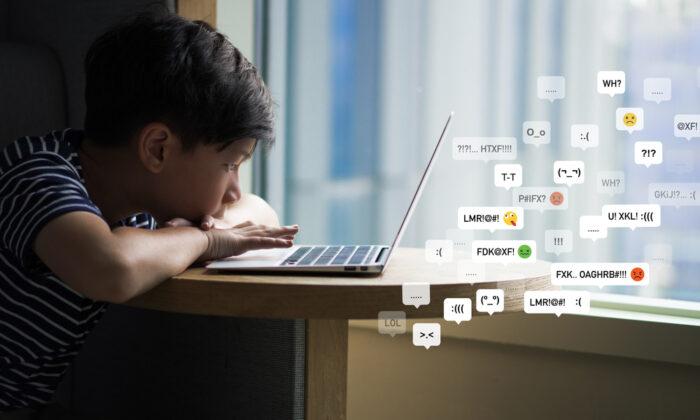Technology plays a key role in the worsening mental health of young Australians, according to Australia’s leading mental health task force.
Up to 1,200 Australians participated in sharing their experience of the nation’s mental health and suicide prevention system through the “Making Connections for Your Mental Health” program launched by the National Health Commission (NHC) in July.
NHC chief executive Christine Morgan said one of the key themes of the national listening tour was increasing concerns about the well-being of young people.
“The resting pulse for our young people is much higher in terms of anxiety and psychological distress,” she told AAP.
“When we dig deep into that, there’s a lot of conversation around the role of technology … it’s almost like it’s created a new form of school playground. There are different ways of having relationships, different ways of communicating. And we haven’t well equipped them for that new school playground.
“There’s a lot of implications in that for our young people,” she said.
COVID-19 Restrictions Exacerbate Loneliness
Morgan also noted that Australians experienced more loneliness and isolation as a result of the COVID-19 lockdown which began in early 2020 into 2021.She said the pandemic saw a rising presence of suicidal ideation, higher levels of domestic violence, and more acutely unwell people presenting at emergency departments.
The NHC chief executive added that one of the reasons that Australia’s suicide prevention system is “not working” is because addressing the risk of suicide is “not a transactional thing” but a “relational thing.”
But since the lockdowns have lifted, Australians’ mental health is recovering. The Australian National University’s COVID-19 Impact Monitoring in August 2022 shows that Australians have a higher level of life satisfaction and lower levels of psychological distress and loneliness compared to earlier in 2022. Most lockdowns had lifted by September 2021.
Compared to the same period in 2021, Australians are more optimistic about the future, less stressed, and more likely to think that their relationship qualities are improving.
“Importantly, much of this improvement has been amongst young Australians, who from a mental health and wellbeing perspective were hit hardest by the pandemic,” the report said.
“Older Australians, and particularly those 65 years and over, experienced a relative improvement in their stress levels over the last 12 months.”
Other issues explored during NHC Connections program were the links between mental health problems and trauma, drug and alcohol misuse, and social determinants.
The national listening tour will end in regional NSW next month. Australians are being encouraged to contribute via the online survey.
AAP contributed to this article.




